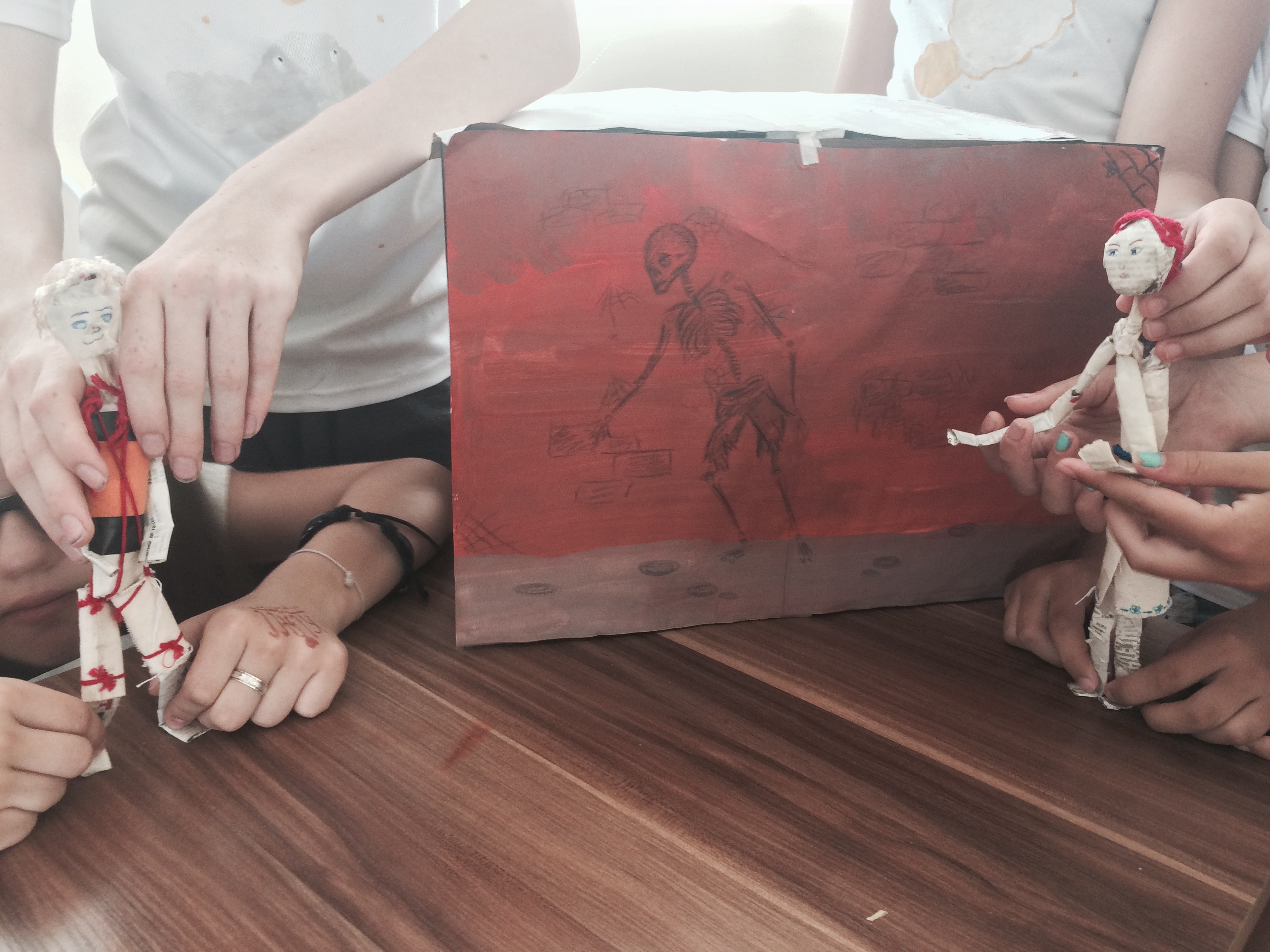If I don’t leave this country at least once a year I get itchy feet. My latest adventure and itch remedy took me to Gothenburg, Sweden earlier this month to puppeteer the feet of an ageing physicist with dementia called Alfie.
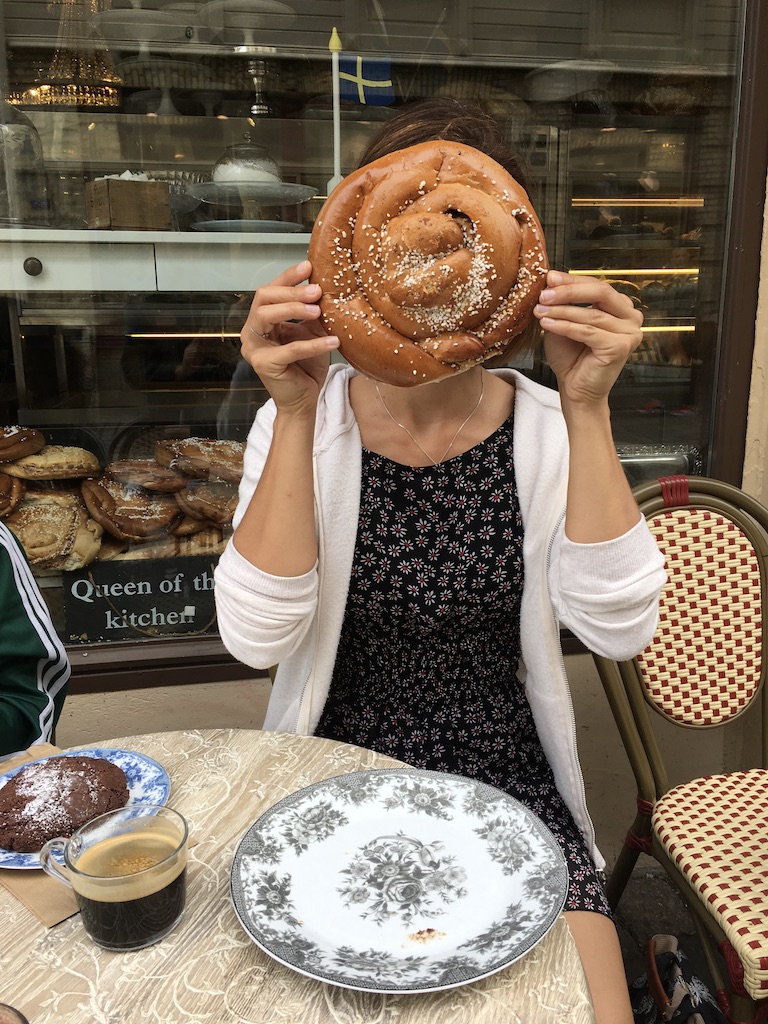
Avid readers of my blog (so, basically you mum) may remember that back in 2017 a lovely company called Vertebra Theatre took me on for my first puppetry job. The show, Dark Matter, followed retired astrophysicist Alfie as the line between memories with a lost love and the present day in a nursing home blurred.
I recently had the opportunity to return to the show, and my role of animating the puppet’s feet (or the head in one scene). This is the first time I have come back to a show several years later, and although there had been a few alterations and developments since our 2017 Edinburgh Fringe run, it was familiar ground. I found there is something comforting about re-acquainting myself with the physical language of a piece, stirring the muscle memory of the body. In the same way, working with the same director several times (I also puppeteered in Vertebra Theatre’s At the Heart of Things last year) you build up a shared language and understanding. Such a relationship can only enrich the work further.

Our venue, Frilagret, on Heurlins Plats, hosted us as part of the Gothenburg Fringe. Our dressing room overlooked the river – definitely one of the nicer dressing rooms I’ve been in! This was my first time in Sweden, and although we didn’t have long in Gothenburg we managed to do a bit of exploring. We were staying on the edge of a neighbourhood called Haga, an area of pretty old buildings and the city’s oldest quarter. We wandered the cobbled streets lined with little cafes, expensive gift shops, vintage boutiques and bakeries, stopping for coffee and huge cinnamon buns called Hagabullen (we shared one between three). On our walk to the venue we passed through several leafy parks and down surprisingly quiet streets for a city, taking in a mixture of older apartment buildings and more industrial looking architecture. If you have longer than a day in the city there’s a great list of things to do in Gothenburg on the hotels.com website.
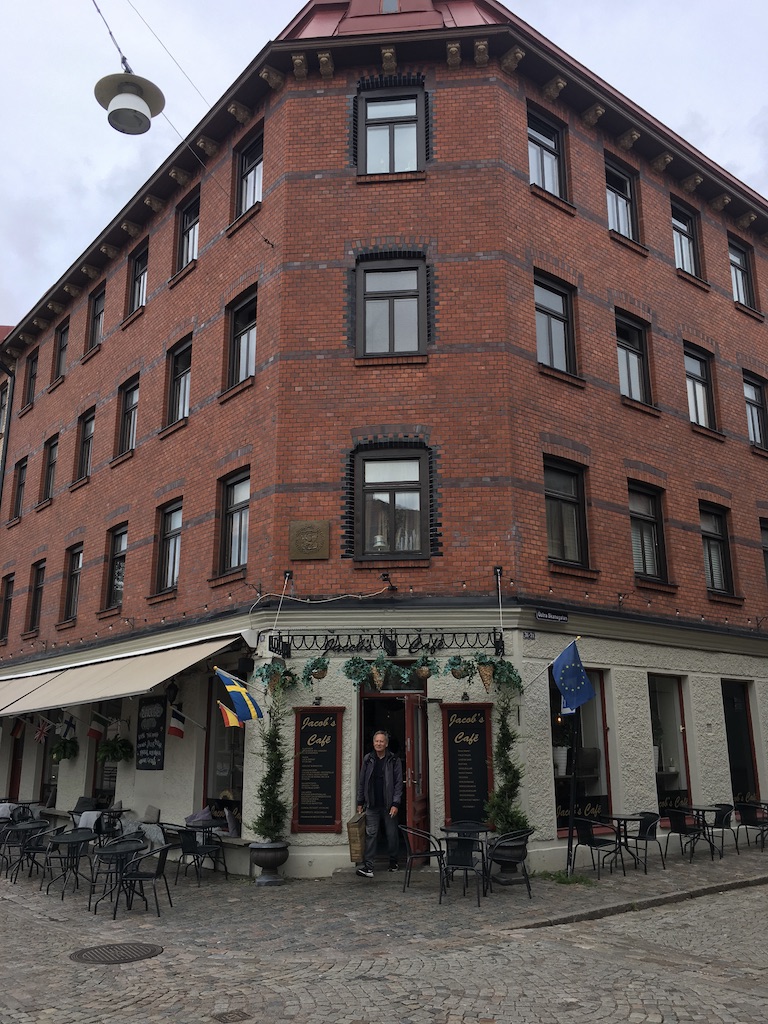
We had a very warm audience who gave us some great feedback after the show. It was a far more chilled affair than other fringe festivals I’ve been to, with very little hype around the city. After the show a few of us managed to quickly change and pop into the adjoining performance space to watch The Sparkle by De La Schmate Project. It was an intriguing piece involving puppetry, film and photography that used closed-circuit cameras to tell the story of a rat in the city of Jaffa. I love actually seeing how the performers create the world and the story that the audience is presented with, something which reminded me of seeing The Paper Cinema’s brilliant shows.
It was a flying visit but I enjoyed my first taste of Sweden. Puppetry, seeing a show, a spot of exploring and a cinnamon bun the size of my head. What’s not to like?
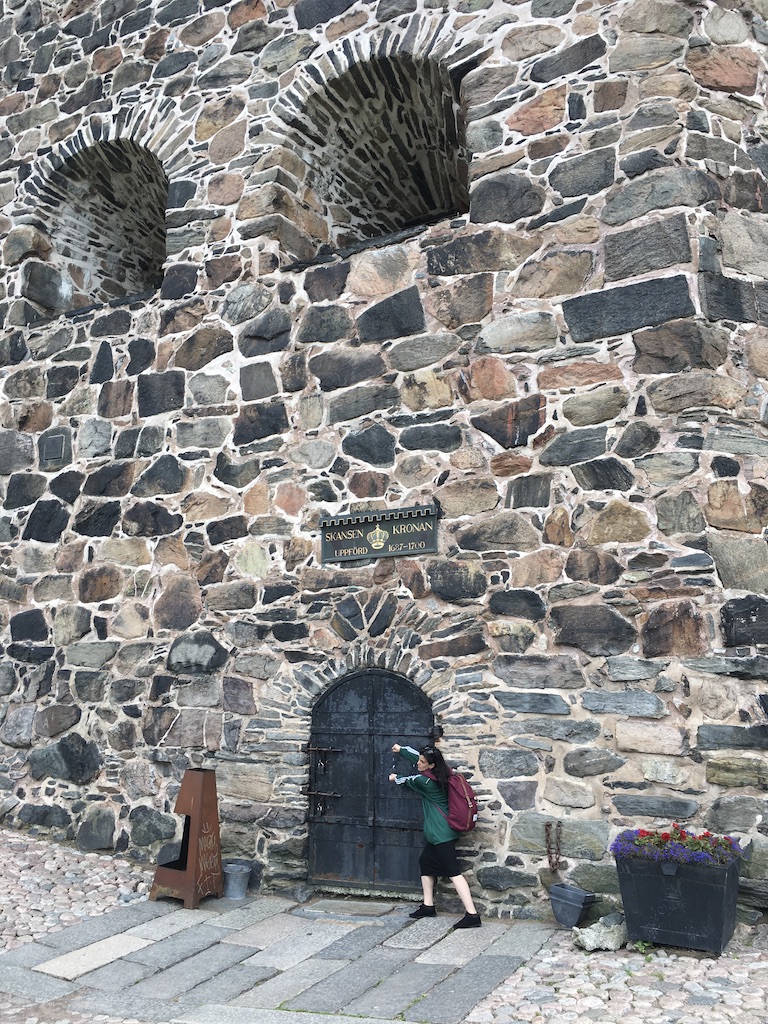
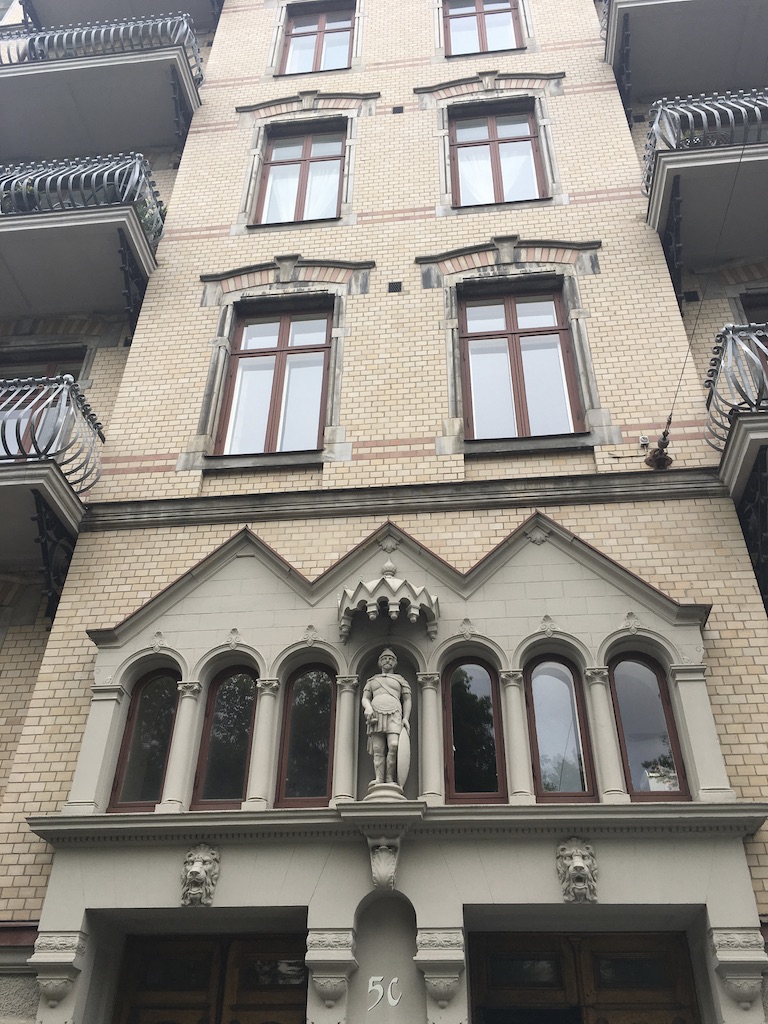
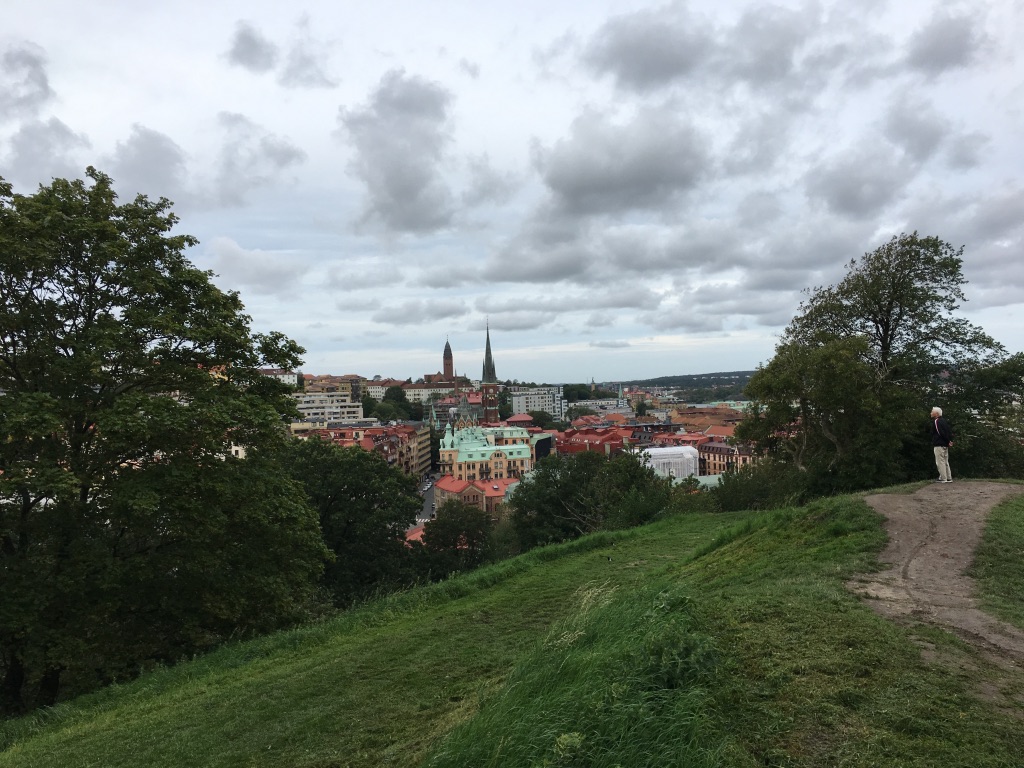
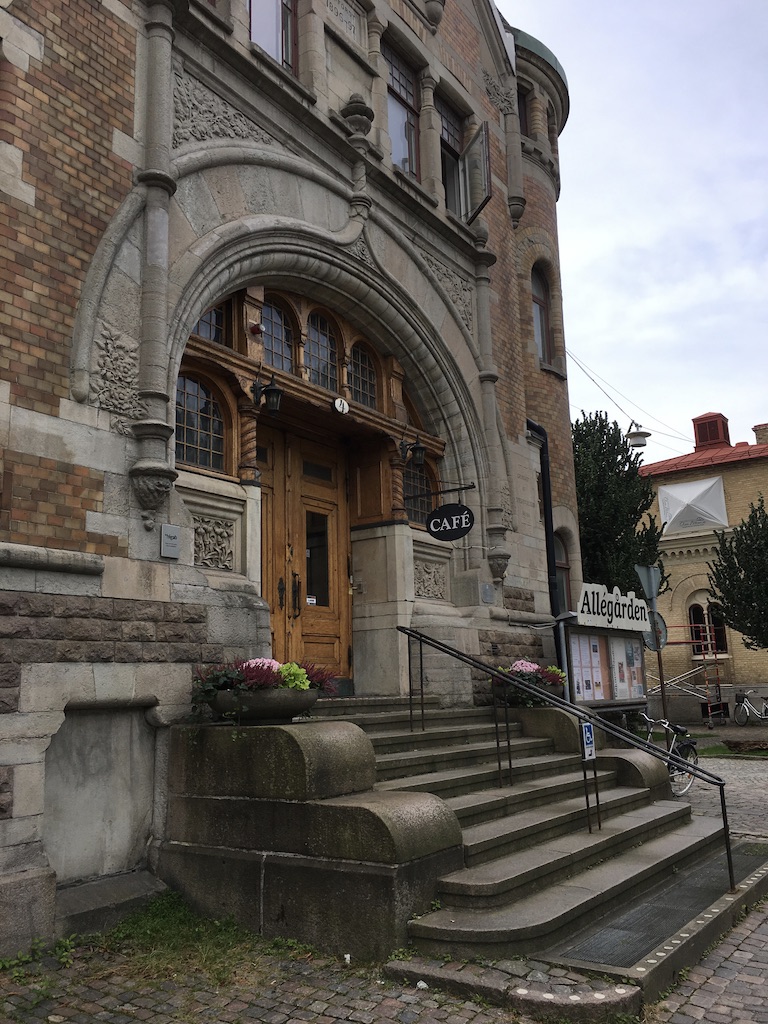
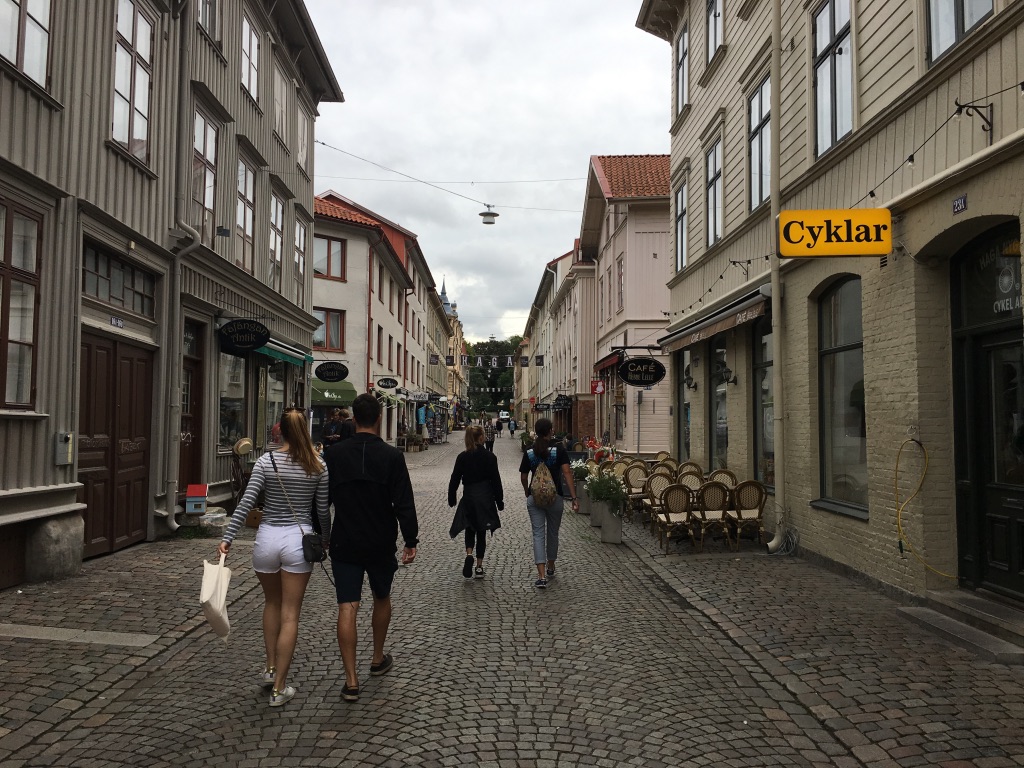
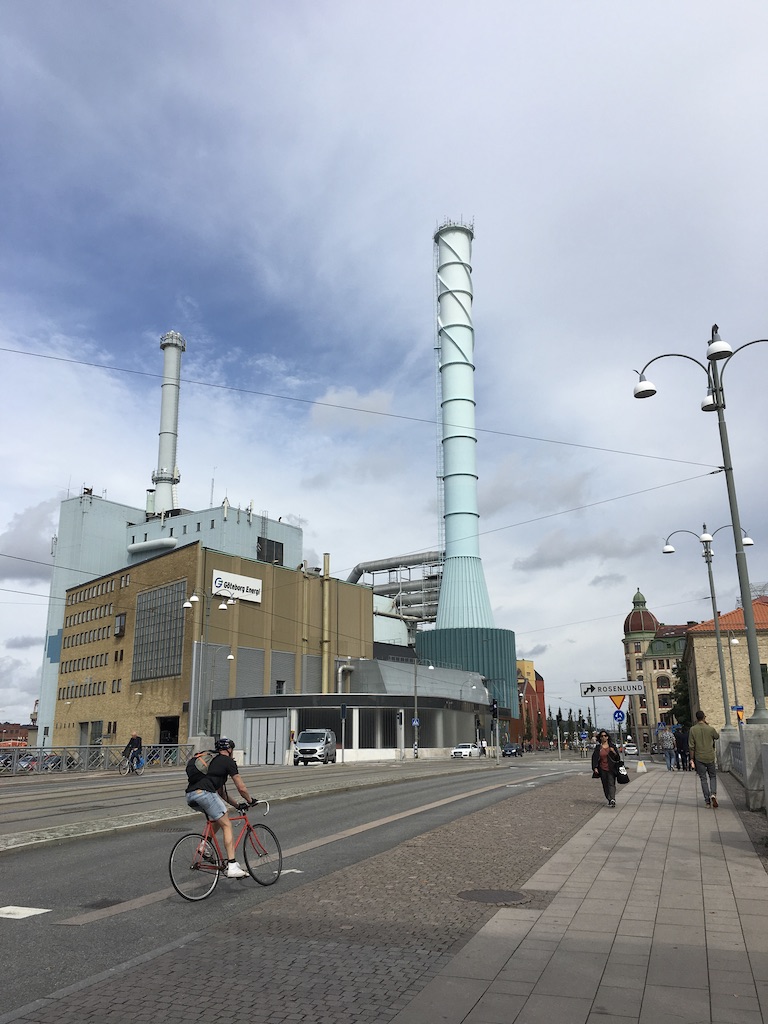
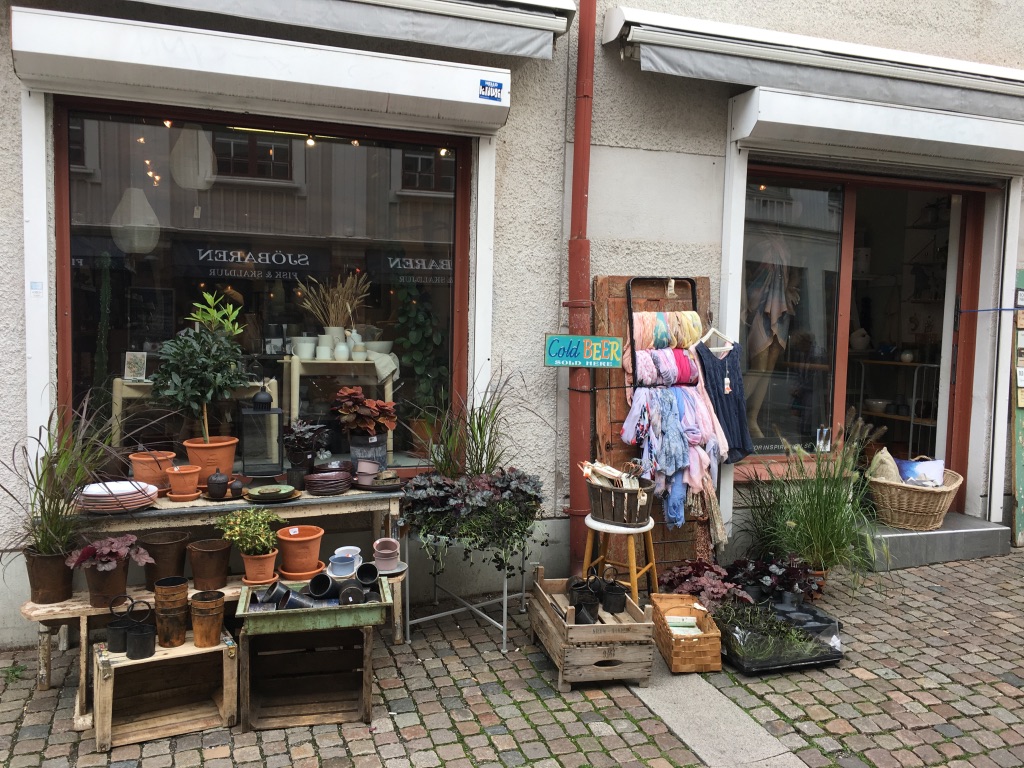
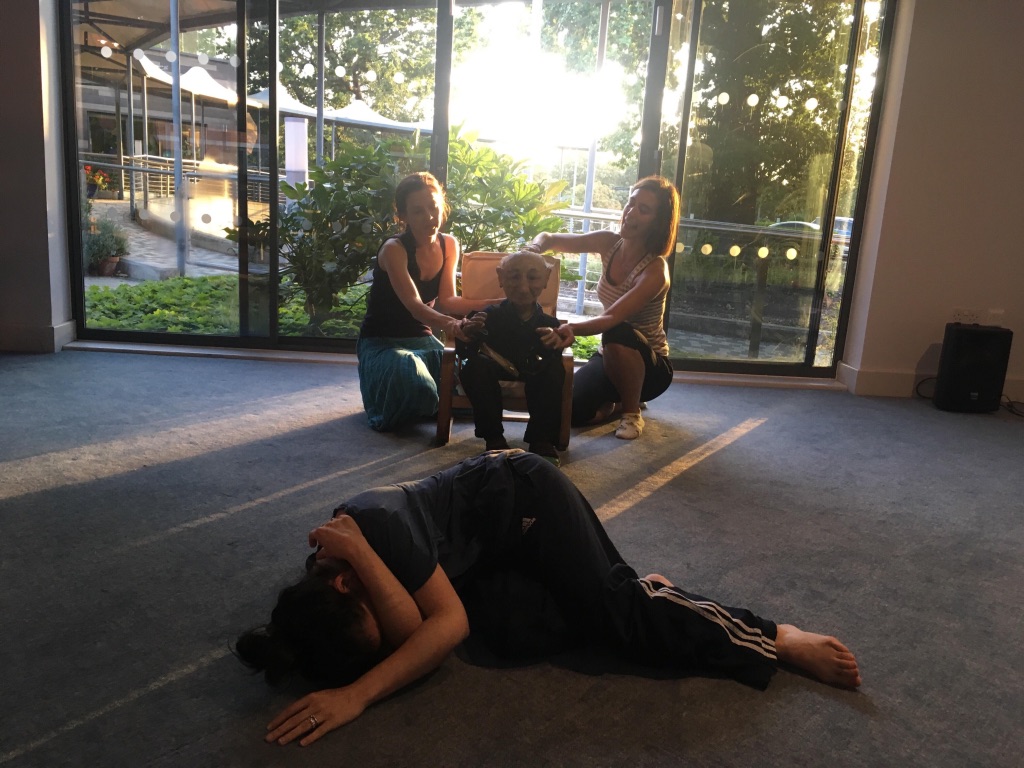
Rehearsing in the UK
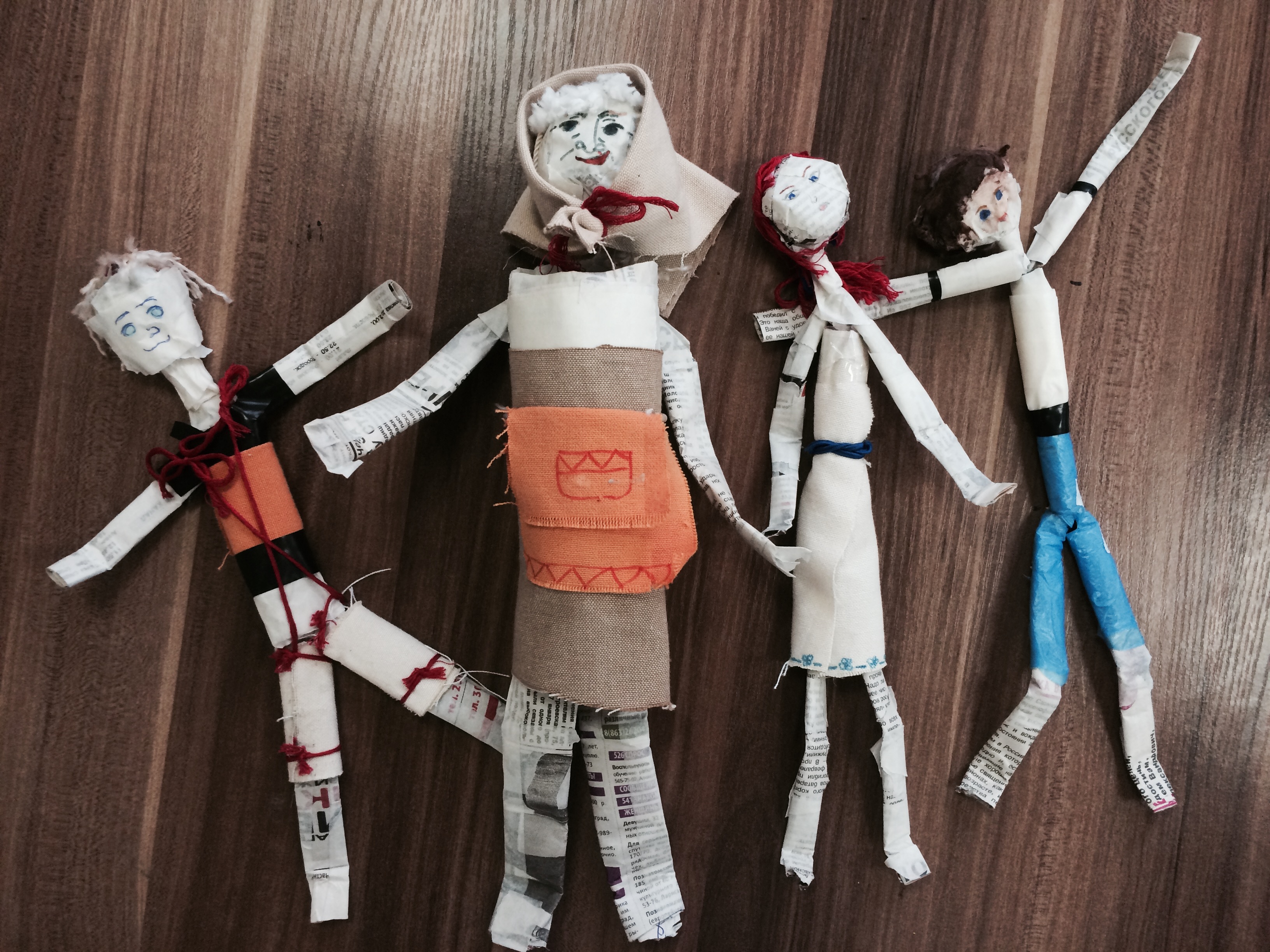
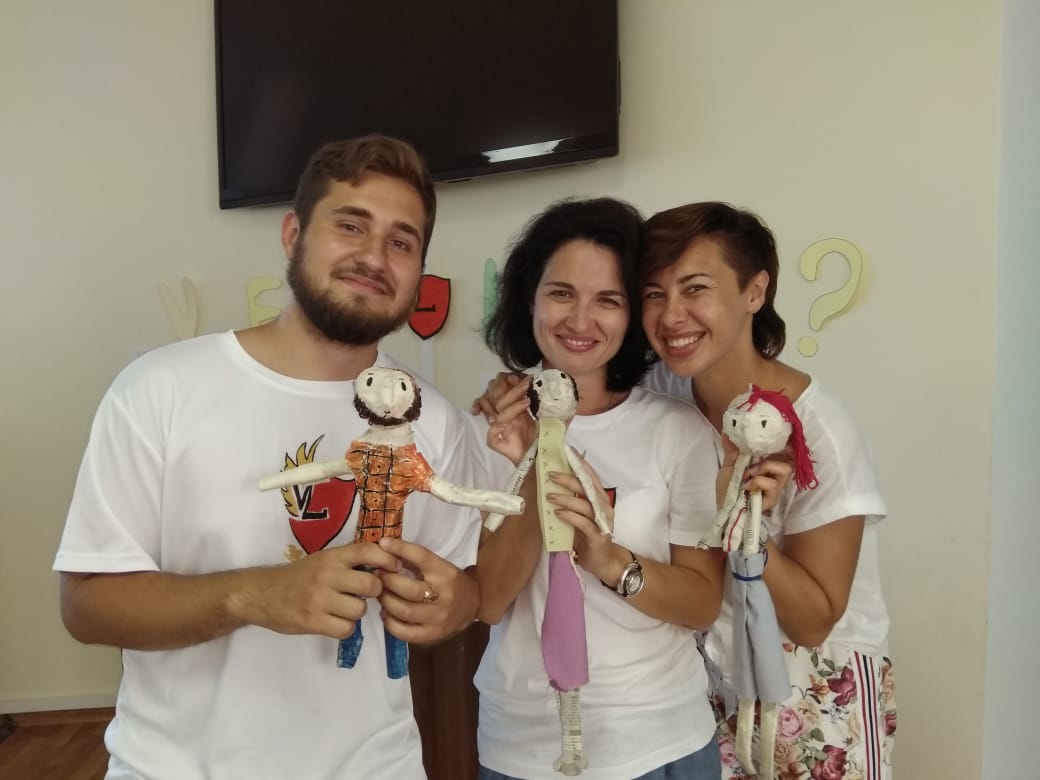
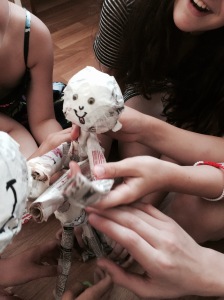 They were all enthusiastic about the puppetry, even if a little daunted when I first told them they were going to create and perform puppet shows to their peers. Natural leaders emerged within the groups, and I worked with them to ensure that everyone in each community had a role, while trying to make sure the leaders weren’t relied on too heavily by everyone else. It became clear which parts of the process each student enjoyed and excelled at or found challenging. One boy struggled to engage with the devising process, but as soon as we started making the puppets he got stuck right in and his excitement and enthusiasm was wonderful! I could see him working through problems and coming up with different solutions as he tried this way of attaching the neck or that way of creating a shoulder joint.
They were all enthusiastic about the puppetry, even if a little daunted when I first told them they were going to create and perform puppet shows to their peers. Natural leaders emerged within the groups, and I worked with them to ensure that everyone in each community had a role, while trying to make sure the leaders weren’t relied on too heavily by everyone else. It became clear which parts of the process each student enjoyed and excelled at or found challenging. One boy struggled to engage with the devising process, but as soon as we started making the puppets he got stuck right in and his excitement and enthusiasm was wonderful! I could see him working through problems and coming up with different solutions as he tried this way of attaching the neck or that way of creating a shoulder joint.